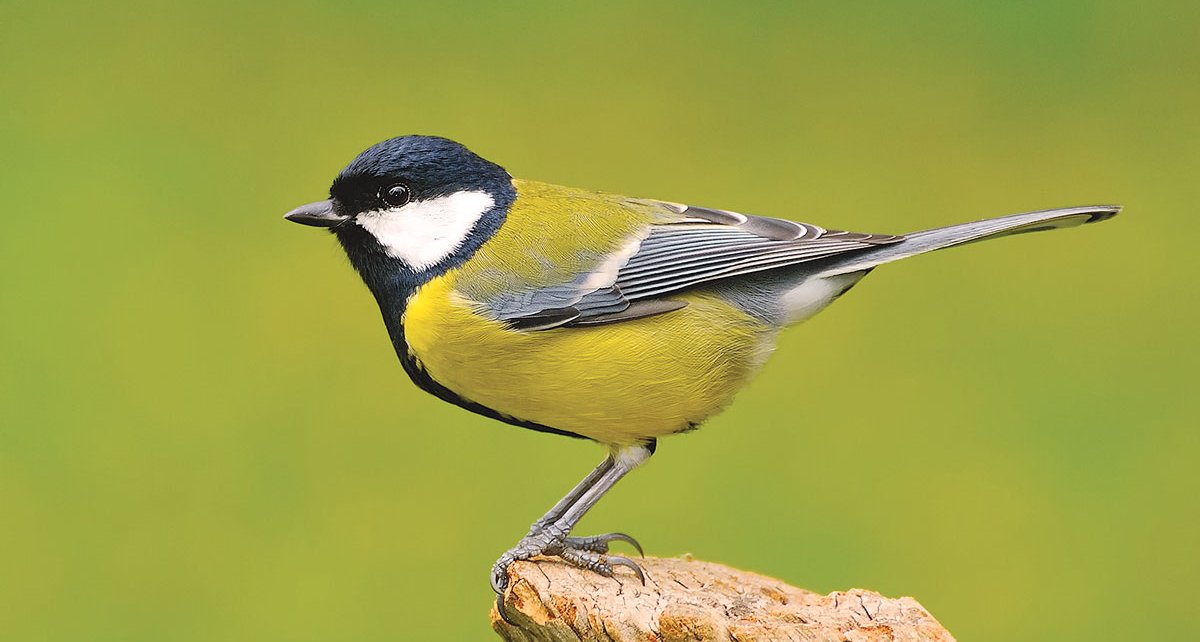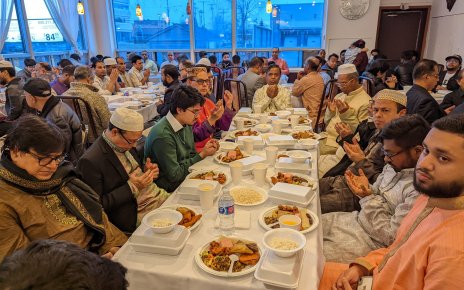The sweet rewards of protecting a threatened songbird
For a tiny bird, Bicknell’s thrush has a big – and international – fan club.
This delicate speckled songbird with its big black eyes is not only beloved in the mountains of North America’s east coast where it summers, it was the inspiration behind Reserva Privada Zorzal: the Dominican Republic’s first private conservation area and a producer of high-quality, bird-friendly cacao.
Zorzal is Spanish for thrush, a rare migratory songbird at risk of extinction. According to the International Union for the Conservation of Nature, which rates it as “vulnerable,” there are only an estimated 80,000 left in the wild.
Fortunately, the little brown bird has some devoted allies. A multi-country coalition of scientists, farmers, global agencies, non-profits, chocolate producers, and private-sector investors has joined forces with support from the Global Environment Facility to help preserve its dwindling numbers.
Such a multinational endeavor is only appropriate for a bird that traverses hemispheres, flying some 1,800 miles (2,900 kilometers) from the pine forests of North America’s Atlantic coast to the broadleaf trees of the Caribbean each year.
To help safeguard the thrush’s winter habitat, private investors led by civil society organization Consorcio Ambiental Dominicano and conservation expert Charles Kerchner came together in 2012 to found the Zorzal conservation area, a bird haven that now spans 1,019 acres.
And to ensure they could sustainably finance their vital protection work, the team behind the reserve founded Zorzal Cacao, a 130-acre agroforestry site that grows cacao of a quality exceptional enough to satisfy some of the world’s top artisan chocolate makers. Zorzal also buys cacao from 16 nearby farms at competitive prices.
Farmers harvest the cacao pods by hand and remove the seeds, which are then sorted and moved to boxes in Zorzal’s drying and fermentation facility. Once roasted, the seeds are known as cocoa, chocolate’s main building block.
Craft chocolate makers are quick to tout their involvement with Zorzal and its conservation efforts – and with good reason, it seems, since bars made with cocoa from the reserve have won more than a dozen industry awards since 2017.
The creation of the reserve was facilitated by the GEF-funded project “Re-engineering the National Protected Area System in Order to Achieve Financial Sustainability,” an initiative implemented by the UN Development Programme that enabled the Dominican Republic to establish alternative conservation area models in key ecosystems. Zorzal was among the first private protected areas established under this legal framework.
The group later received a grant from the Critical Ecosystem Partnership Fund – a financing mechanism set up by the GEF, l’Agence Française de Développement, Conservation International, the European Union, the Government of Japan, and the World Bank. The CEPF’s mission is to support local civil society groups doing on-the-ground work to preserve the world’s biodiversity.
Zorzal has broken new ground as it strives to do just that.
Not only was it the world’s first cacao farm to earn the Smithsonian’s Bird Friendly certification, Zorzal was also the site of the Dominican Republic’s first carbon credit program, which helps farmers to earn money for protecting the environment.
Its ongoing success is a clear demonstration of the wide spectrum of benefits that can stem from taking a landscape approach to conservation, which is one that protects threatened ecosystems while delivering financial benefits to surrounding communities.
To raise local awareness of the benefits of conserving the forests and their feathered inhabitants, Zorzal trains and employs workers from the community in forest and birdlife monitoring. This helps bolster the local economy and widens support for conservation.
Zorzal lies in the prime cacao-growing region of the Dominican Republic, one of the world’s leading producers of organic cocoa.
The Caribbean Island of Hispaniola, which the Dominican Republic shares with Haiti, is a land of enormous biological and geographical diversity. Bicknell’s thrush is only one of 318 bird species that call it home – either for a season or for the whole year round. There are also some 6,000 vascular plants, including 300 species of orchid; 527 fish; 74 amphibians; 166 reptiles; and 53 mammals. Trees cover nearly 44 percent of the country.
This wealth of flora and fauna faces multiple threats, however. The country’s mountain ecosystems in particular are vulnerable to forest fires, land and water pollution, and the loss of habitats to tourism infrastructure, mining, livestock-rearing, and farming.
Zorzal’s sustainable approach to farming offers a model for the region.
Instead of clearing land to plant crops, Zorzal works with local farmers to preserve biodiversity and forest cover.
The cacao on the reserve thrives in the shade, which makes it ideally suited to an agroforestry approach. According to a 2021 study by Smithsonian scientists, cacao farms can support as many bird species as virgin forests, as long as they maintain 30 to 40 percent canopy cover.
Finally, Zorzal has pledged to keep at least 70 percent of its land “forever wild” as part of its effort to preserve the winter home of this tiny traveler, giving people and wildlife alike something to sing about.
-credit: GEF
এসএস/সিএ




